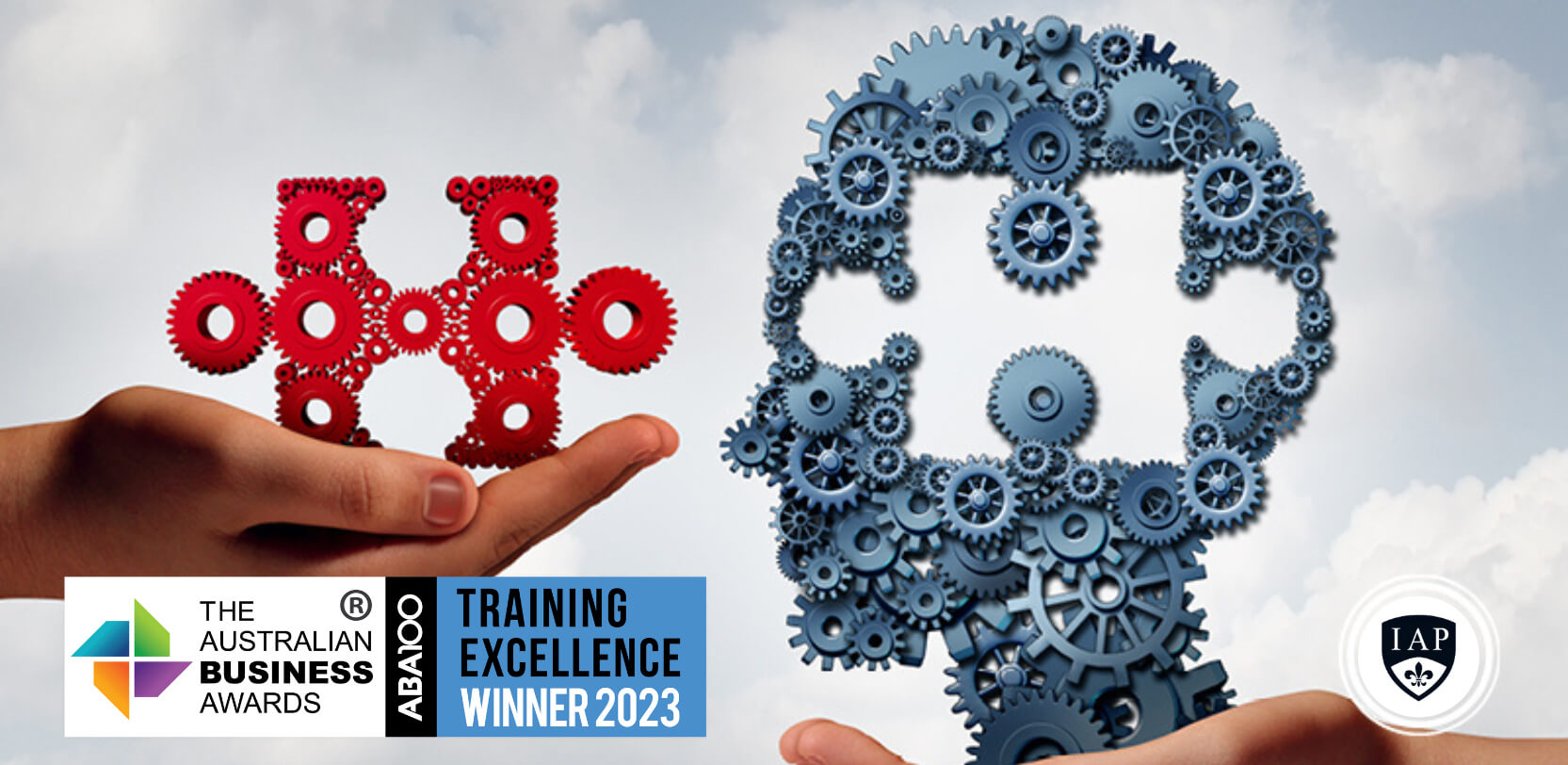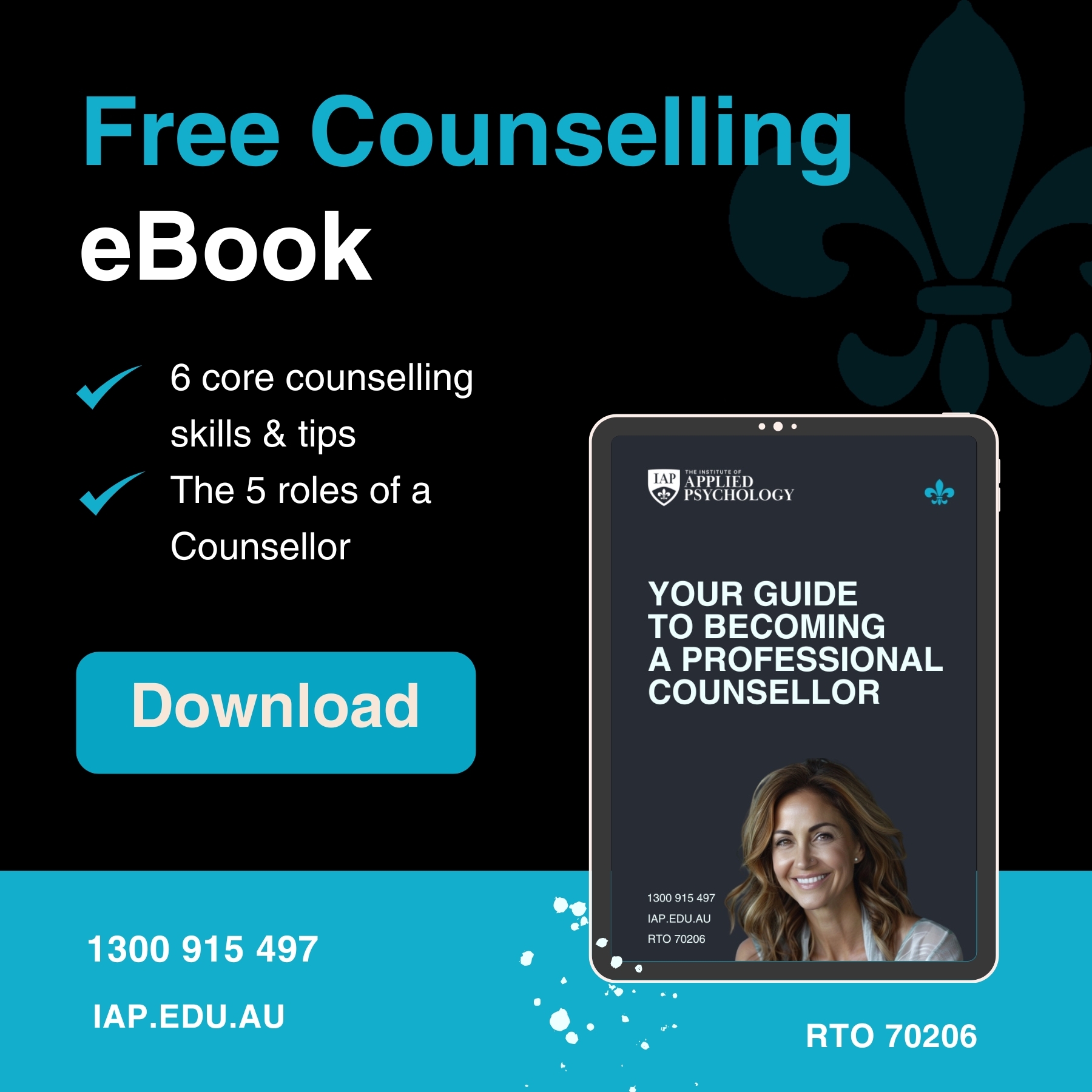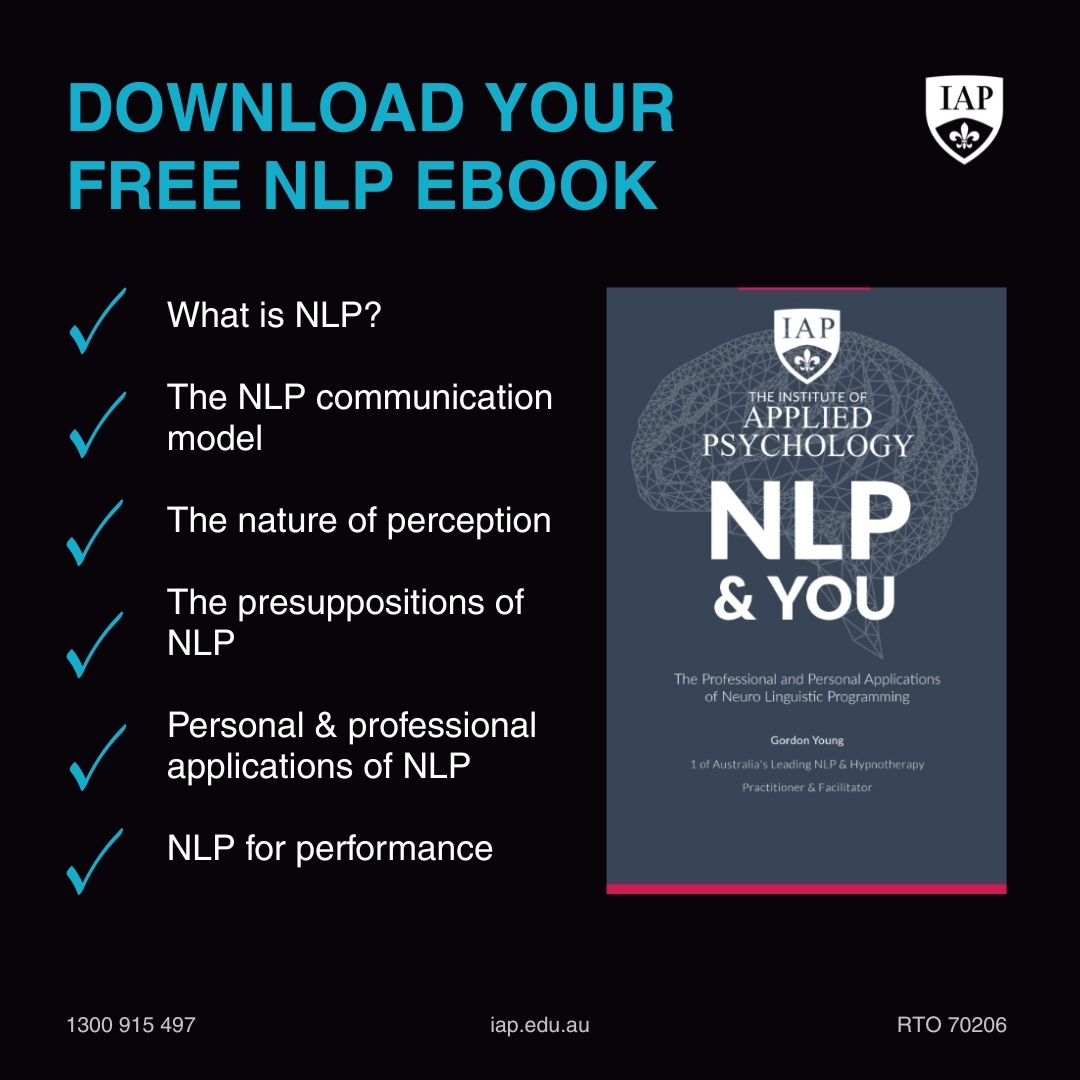Why Become a Counsellor?
Becoming a counsellor is more than a career choice. It is a commitment to enhancing your life and making a profound difference in the lives of others.
The rapid expansion of the counselling profession in Australia is said to be attributed to two main factors: the widespread occurrence of mental health issues and a shortage of mental health professionals. This growth reflects the urgent need for support in this field.
In Australia, 42.9% of Australians have experienced a mental disorder in their lifetime.
It is said that a significant portion of the population (21%) have experienced a mental disorder in the previous 12 months, amounting to around 3.2 million individuals. This highlights the extensive impact of mental health issues in the country and the demand for counsellors.
Is There a Demand for Counsellors in Australia?
The high demand for mental health services in Australia, coupled with the long wait times for appointments with mental health practitioners and therapists, underscores the critical need for more professionals in this field. This situation has helped make counselling a more accessible and practical career path for many. Additionally, the expansion of services by counsellors, including work through various health schemes and networks, is a response to this growing need.
The following alarming statistics from the Australian Institute of Health and Welfare play a role in solidifying the demand for counsellors and mental health workers:
- Over 75,296 contacts were made to Kids Helpline in the September 2023 quarter
- Over 270,000 phone calls were made to Lifeline in the September 2023 quarter
- Over 11.6 million mental health-related prescriptions were dispensed in the September 2023 quarter
- An average of more than 4,000 daily site visits to Head to Health (mental health resources) occurred in the week of the 9th of September 2023.
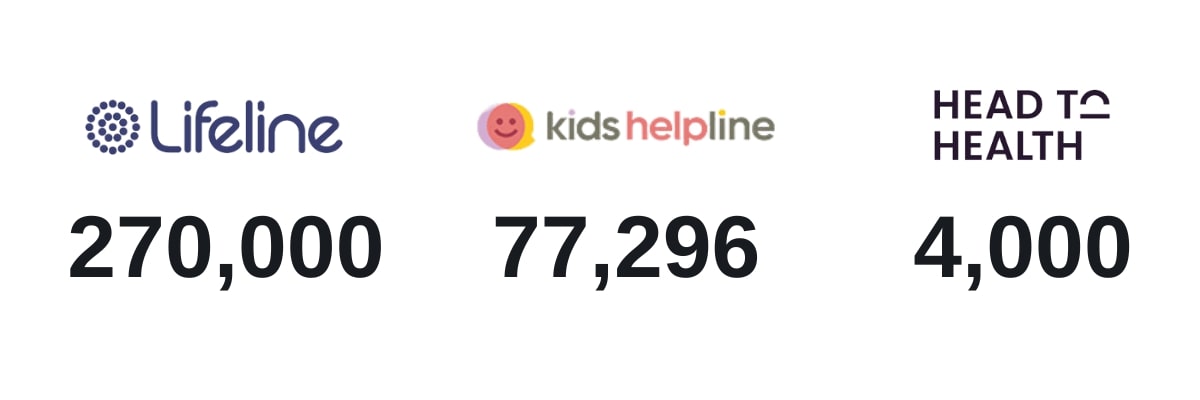
Why Become a Counsellor?
Five key reasons why you would become a counsellor include:
- Make a positive impact in people’s lives by providing support and guidance to individuals struggling with mental health issues, personal challenges or life transitions
- There is a high demand for qualified counsellors and mental health workers.
- Career opportunities – The counselling profession offers a wide range of specialisations, including grief counselling, mental health, relationship counselling, and more, allowing for a varied and fulfilling career.
- Personal growth, greater self-awareness and satisfaction as you engage deeply with other’s experiences.
- Flexible career paths and working environments with the opportunity to work in person, in telehealth or online.
What Can a Counsellor Help With?
Counsellors in Australia, numbering around 33,000, play a vital role in supporting mental health, working either independently or within organizations. Their numbers are close to that of psychologists and are expected to increase.
They offer a range of support services, including:
- stress management
- relaxation and breathing techniques
- anger management
- grief
- stress management
- divorce and
- skills for better communication and problem-solving and more.
Can You Become a Counsellor with the CHC51015 Diploma Of Counselling?
In Australia’s mental health sector, the stepped-care model tailors treatment to varying client needs, from mild to complex. Counsellors, recognized for their specific training levels, provide care appropriate to each stage. This system ensures effective, need-based care, with qualifications ranging from diplomas to master’s degrees determining the complexity of cases a counsellor handles. This model is particularly relevant for women in their mid-forties considering a counselling career, as it highlights the diverse roles and impacts they can have.
Counsellors holding the CHC51015 Diploma of Counselling equate to almost 15% of counsellors; however, approximately 50% of members are registered counsellors with the Australian Counselling Association (ACA).Note: ACA statistic was provided by ACA.
Many individuals turn to counselling as a second or third career later in life, proving it’s never too late to start this path. The CHC51015 Diploma of Counselling offers a quicker entry into the profession and can help provide academic credits for future learning, such as the CHC81015 Graduate Diploma of Relationship Counselling.
What are the Career Outcomes for the CHC51015 Diploma of Counselling Graduates?
Counsellors are equipped with skills in various evidence-based therapies, including behavioural and cognitive therapy. They can look to become a:
- An employed counsellor (pending employer requirements)
- Support counsellor
- Mental health specialist counsellor
- Grief and loss specialist counsellor
- Case manager
- Own business (subject to experience, other qualifications if needed and supervision)
- A support worker, and more.
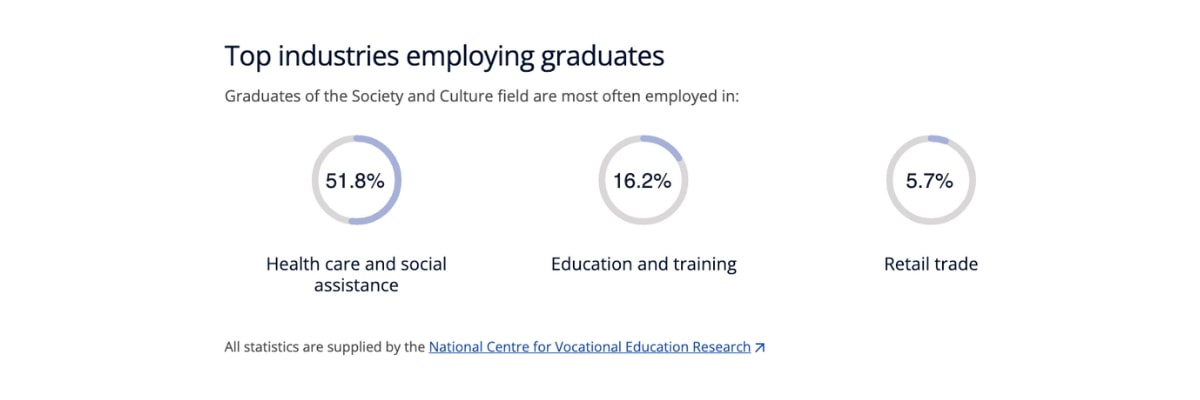
What is the Average Income for a Full-time Counsellor?
Counsellors in Australia have a promising financial outlook. According to the Australian Government’s Job Outlook site, their average weekly earnings are around $1,584, which translates to approximately $82,368 annually. Entry-level counsellors can expect to start at about $75,000 annually, with experienced professionals potentially earning up to $115,000 annually. The counselling profession has experienced significant growth in the past five years and is projected to continue this trend. There are about 33,000 counsellors in the field, with numbers expected to rise by 15.1% by 2028.
How do you Become a Counsellor?
To be able to register as a practising counsellor with the peak body, The Australian Counselling Association, as a full level 1, you need to complete an ACA-accredited CHC51015 Diploma of Counselling. This can take you 12-24 months to complete.
Hear from Cassandra
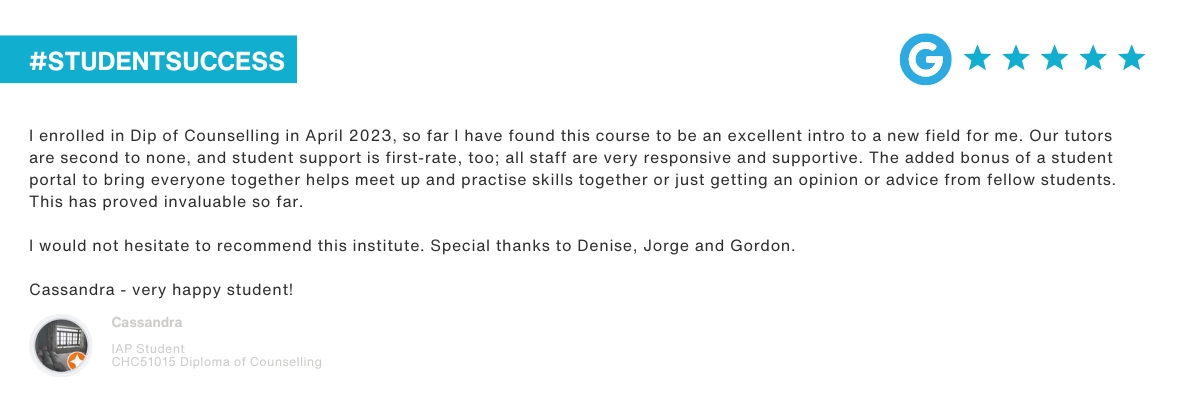
Connect With Us
If you want to connect and discuss becoming a counsellor and meeting your desire to help people, call us at 1300 915 497 or click here.






